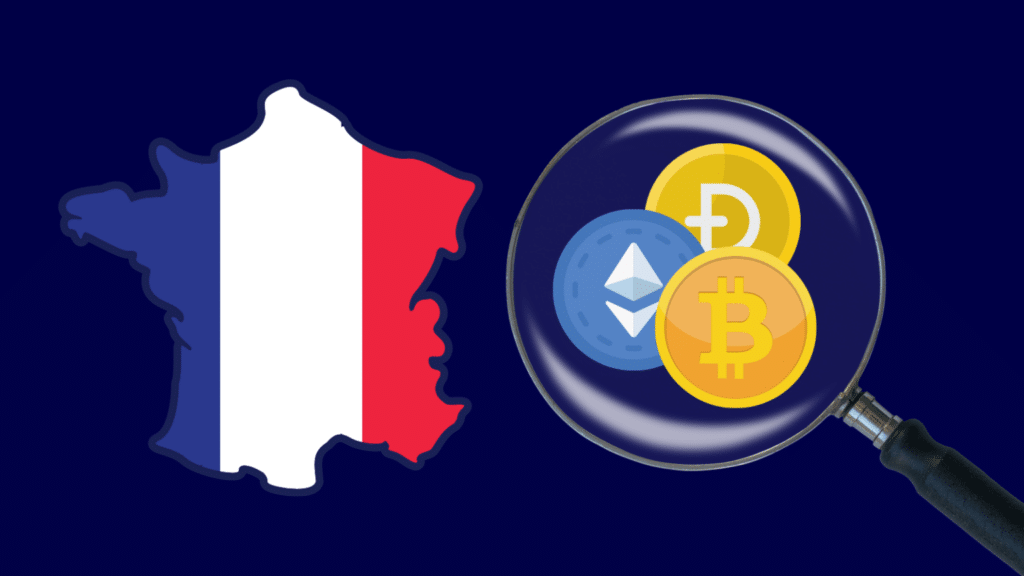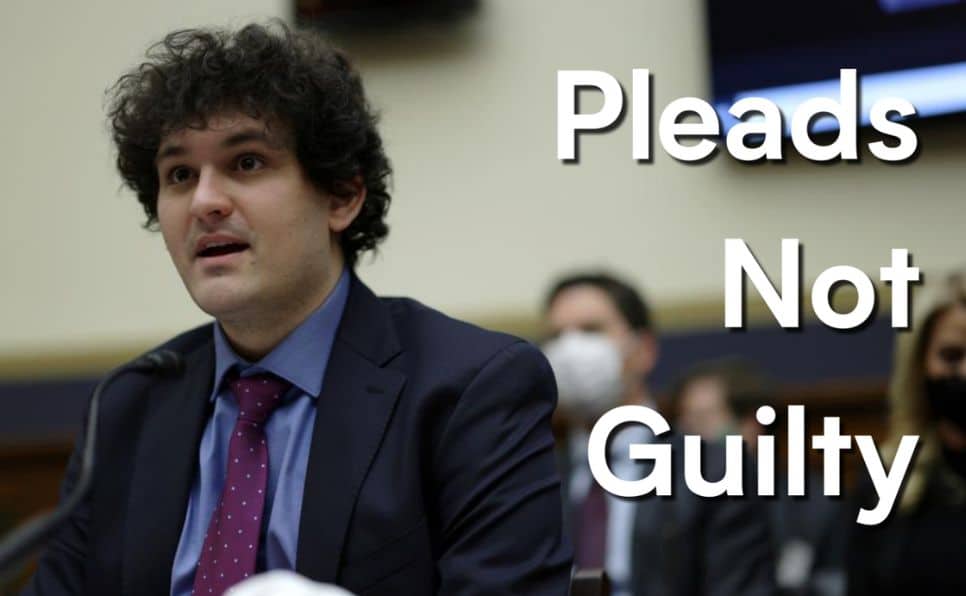Welcome to This Week in Crypto, where we cover the top trending headlines in the cryptocurrency industry. The world of crypto news moves fast, and we’re here to bring it to you for your weekly digest. Enjoy this week’s top stories!
Sam Bankman-Fried Pleads Not Guilty to Charges
Former CEO of FTX Sam Bankman-Fried has decided to plead not guilty to 8 criminal charges, including conspiracy to commit commodities & securities fraud, wire fraud, lender fraud, and more. If convicted, it could result in up to 115 years in prison. SBF was released on $250 million bail last week, and has been on house arrest since then, unable to make large financial transactions or access FTX funds. Bankman-Fried is set to go on trial in October later this year, hopefully bringing light to the situation and justice for all FTX customers who lost funds.

Over 2.8 Million New ENS Domains Registered in 2022
The Ethereum Name Service has reported that a lifetime record of over 2.8 million domain names were registered in 2022. The service allows users to use easily readable names as ethereum addresses instead of complex alphanumeric strings. Some users have snapped up domains of popular brands as investments, hoping they will eventually buy them for large amounts of money, similar to when the Internet became popular. Reports show that the 2.8 million registered domains account for around 80% of all ENS domain names, showing that it has recently become popular, most likely due to the popularity of NFTs. Do you have your own custom ENS domain?

Bank of France Governor Advocates for More Strict Licensing Requirements
Francois Villeroy de Galhau, governor of the Bank of France, has called for France to enact stricter licensing requirements for Digital Asset Service Providers (DASPs). In France, cryptocurrency trading and services companies are required to register with the Financial Markets Authority, or AMF. Getting licensed as a DASP is optional, allowing many crypto companies to operate without regulation. Out of the 60 currently operating registered companies, none are licensed as a DASP. France’s current legislation allows unlicensed companies to keep operating until 2026, or whenever the EU’s laws take effect, whichever comes first. The EU’s own crypto regulation laws are expected to be enacted sometime in 2024.








